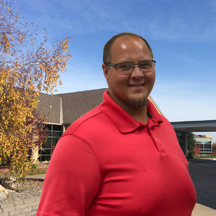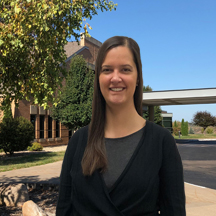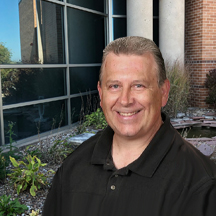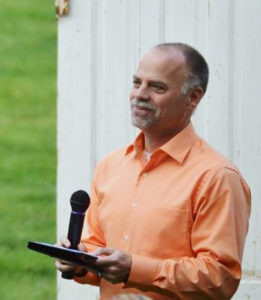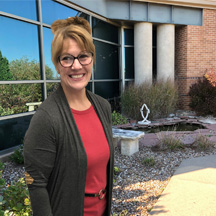
Forgiveness
We must never give up on each other or on the supernatural potential of Christian community. Jesus has brought “incompatibles” together. No wonder we often fight! We must strive to hold ourselves accountable to practice forgiveness and reconciliation. Our mutual love for one another is how the world will see who Jesus is. (Timothy Keller)
This is the conclusion to Timothy Keller’s article: The Fading of Forgiveness: Tracing the disappearance of the thing we need most. In this article Pastor/Author Timothy Keller makes a case for how the practice and principle of forgiveness is fading from our Western society. The roots come from our culture becoming increasingly post-truth and post-Christian. The removal of absolute truth and morality founded by God and Jesus’ teachings removes the underlying reasons to value forgiveness. People are left asking the question, “Why should I forgive?” When the only truth is our feelings and our greatest purpose is self-fulfillment, there is no reason to forgive. Forgiveness is a self-sacrificing action, it always feels like we are losing something. To forgive we must let go of our “righteous indignation.” We must surrender our feelings of moral superiority. Alan Jacobs describes our current Western culture this way:
When a society rejects the Christian account of who we are, it doesn’t become less moralistic but far more so, because it retains an inchoate sense of justice but has no means of offering and receiving forgiveness. The great moral crisis of our time is not, as many of my fellow Christians believe, sexual licentiousness, but rather vindictiveness. Social media serve as crack for moralists: there’s no high like the high you get from punishing malefactors. But like every addiction, this one suffers from the inexorable law of diminishing returns. The mania for punishment will therefore get worse before it gets better. (Alan Jacobs)
This is the struggle of our age. We must fight against the bent toward our culture and away from Biblical forgiveness. We must resist our flesh’s call for vindictive vengeance. Instead, we must reconnect with the heart of Jesus. He prayed for those who crucified Him, “Father forgive them…” The heart of Christian forgiveness is Jesus’ teaching to love our enemies as well as our neighbors. We have this natural, tribalistic response to those with whom we disagree, we devalue them and their tribe. In our minds and in our hearts we dehumanize them in some way. We elevate ourselves, and our “tribe,” above others. When Jesus calls us to love our enemies he flips the script. The love re-humanizes them. I love how Miroslav Volf describes this Biblical understanding of forgiveness:
Forgiveness flounders because I exclude the enemy from the community of humans even as I exclude myself from the community of sinners. But no one can be in the presence of the God of the crucified Messiah for long without overcoming this double exclusion—without transposing the enemy from the sphere of monstrous inhumanity into the sphere of shared humanity and herself from the sphere of proud innocence into the sphere of common sinfulness. (Miroslav Volf)
The imperative for us as Christ-followers to forgive each other, because we have been forgiven. We see this in Paul’s letters:
Be kind and compassionate to one another, forgiving each other, just as in Christ God forgave you. Ephesians 4:32
Bear with each other and forgive one another if any of you has a grievance against someone. Forgive as the Lord forgave you. Colossians 3:13
Paul is describing a community that is super natural! We do the unnatural work of forgiveness and reconciliation because of God’s supernatural mercy and forgiveness of us that reconciled us to Him! This is why forgiveness is one of the core cultural qualities we believe in here at Cedar Hills Community Church. We see a great opportunity to shine God’s light into our homes, work places, and neighborhoods by practicing forgiveness. God’s body here on earth must demonstrate that there is a better way to interact with people. This may look like foolishness to some, but a community known for forgiveness and reconciliation will be very attractive to those who recognize their own brokenness and need for forgiveness. Forgiveness is difficult. Forgiveness is messy. However, forgiveness is worth it!
Steve Poole
Director of Youth & Young Adults

